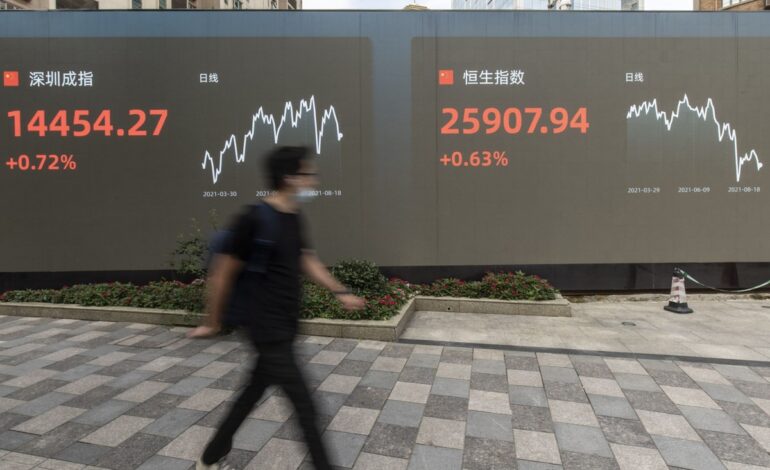
Impact of OPEC’s ‘Price War’ on the US Shale Industry
The OPEC’s decision to engage in a ‘price war’ is causing significant concerns among US oil producers, especially affecting the shale boom. This article delves into how these strategic global oil price manipulations might stagnate further investments in the US shale sector and impact the industry’s future trajectory.
OPEC’s Strategic Decision
The Organization of the Petroleum Exporting Countries (OPEC) has strategically decided to lower oil prices in a bid to maintain its market share globally. This ‘price war’ approach, often used by major oil-producing countries, aims to undercut competitors, particularly targeting the burgeoning US shale industry.
US Shale Industry Dynamics
The US shale industry has experienced rapid growth over the past decade, largely fueled by technological advancements and increased investments. These developments positioned the US as a significant player in global oil production, challenging traditional powerhouses such as those in the OPEC bloc.
Consequences for the US Shale Sector
The price reduction instigated by OPEC is anticipated to generate financial strain on US shale producers. With lower profit margins, the sector faces reduced capacity for new project investments and potential job losses. This economic pressure could ultimately lead to a stagnation in the shale boom.
Global Economic Implications
Beyond the US, the ramifications of OPEC’s ‘price war’ could reverberate across global oil markets. Lower prices could benefit consumers but also result in diminished revenues for oil-dependent economies, possibly leading to reduced global economic growth rates.
Conclusion
The OPEC ‘price war’ poses significant challenges to the US shale industry, threatening its growth and profitability. As the industry grapples with these pressures, the global oil market may experience shifts in power dynamics and economic consequences, impacting both producers and consumers worldwide.






